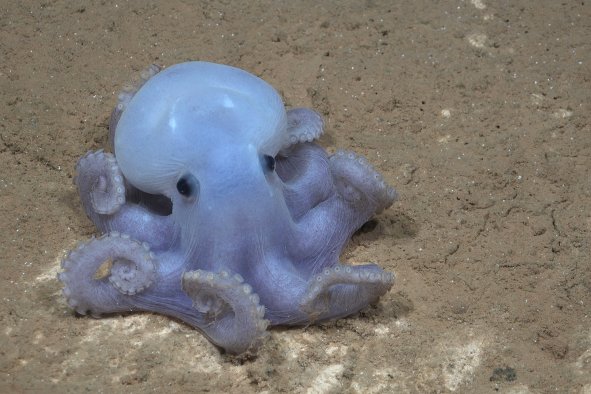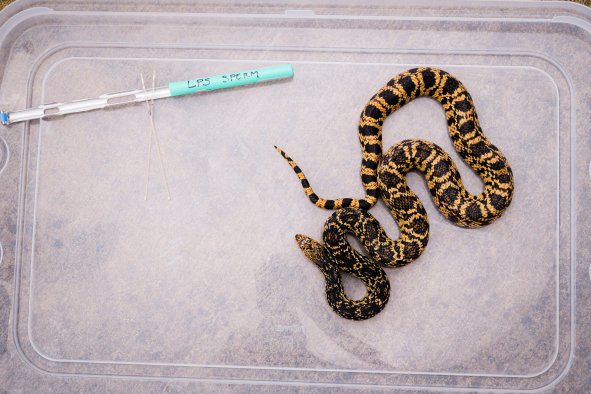Stopping and containing the current outbreak of mpox will require $87.4 million over the next six months, the World Health Organization has announced.
The WHO said it would use the money to "implement critical activities" outlined in its global strategic preparedness and response plan for mpox, which include supporting surveillance, research, community empowerment and equitable access to medical countermeasures to contain and stop the spread of the virus.
At least 14 African countries have reported mpox outbreaks this year, with more than 17,000 suspected cases across the continent since the start of 2024 and 517 confirmed deaths, the Africa Centres for Disease Control and Prevention reported. More than 96 percent of all cases and deaths have occurred in the Democratic Republic of the Congo, with many of those affected being children.
The WHO has declared mpox to be a "public health emergency of international concern," adding that a coordinated international response is needed to stop the outbreak and save lives.
Mpox, formerly known as monkeypox, drew global attention in 2022 during an outbreak that affected the U.S., Europe, Australia and many other countries. The virus comes in two distinct forms, or "clades"—clade I and clade II—and spreads through close contact.
The previous outbreak in the U.S. and Europe was driven by the clade II form of the virus and was mostly spread through sexual and intimate contact, with men who have sex with men being at the highest risk of infection.
In the past, clade I was not thought to be transmitted through sexual contact. However, a new version of the virus, called clade Ib, has emerged and appears to be more transmissible than previous forms of the virus.
Existing mpox vaccines are thought to offer at least some level of cross-immunity against the new variant. The problem is getting enough vaccine to where it is needed.
"The amount of vaccine required has been estimated by Africa CDC to be 10 million doses," Jimmy Whitworth, an emeritus professor at the London School of Hygiene and Tropical Medicine, said in a statement in response to the WHO's announcement. "The cost and availability of vaccine is going to be a great challenge, but it is really important that, unlike in the COVID-19 pandemic, there is global solidarity, that the vaccine reaches the people who need it most and that it is not stockpiled by rich countries."
In a statement released on August 14, the Department of Health and Human Services said the U.S. had provided an additional $17 million to support clade I mpox preparedness and response efforts in central and eastern Africa in the past few months. The U.S. also plans to donate 50,000 doses of mpox vaccines to the Democratic Republic of the Congo.
"The funding has enabled stronger surveillance, risk communication, and community engagement, as well as needed laboratory supplies and diagnostics, clinical services, and vaccine planning," HHS said.
However, the risk posed to the United States is low. Should clade I make its way to the U.S., HHS said it expected the virus would "cause lower morbidity and mortality in the United States than in the DRC."
Despite this, HHS continues to encourage those at high risk to get vaccinated with the Jynneos mpox vaccine. The Centers for Disease Control and Prevention recommends the mpox vaccine if the following applies:
- You had known or suspected exposure to someone with mpox.
- You are a gay, bisexual or other man who has sex with men or a transgender, nonbinary or gender-diverse person who had a new STI diagnosis or more than one sexual partner in the past six months.
- You anticipate experiencing either of the above scenarios.
Is there a health problem that's worrying you? Let us know via health@newsweek.com. We can ask experts for advice, and your story could be featured in Newsweek.
Disclaimer: The copyright of this article belongs to the original author. Reposting this article is solely for the purpose of information dissemination and does not constitute any investment advice. If there is any infringement, please contact us immediately. We will make corrections or deletions as necessary. Thank you.



